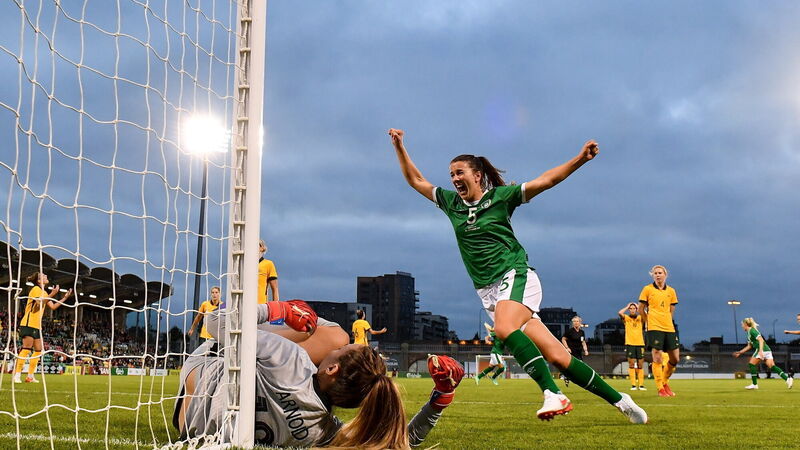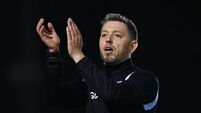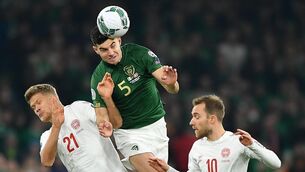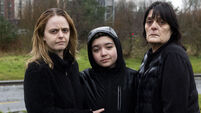John Fallon: While Niamh Fahey targets World Cup dream her place in history is unquestioned

Sporting royalty engulfs the Fahey household in Killannin on the edge of Connemara, but Niamh, the youngest of eight siblings, is entitled to claim pride of place.
Sporting royalty engulfs the Fahey household in Killannin on the edge of Connemara, but Niamh, the youngest of eight siblings, is entitled to claim pride of place.












